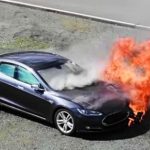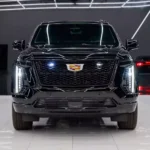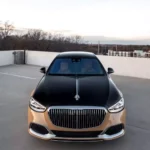After the great success with the Aito M7 SUV electric car model, Huawei is expected to launch two more new car models. This is an indication that Huawei wants to demonstrate the power of China in the electric car field.
Despite the limitations in the mobile phone sector due to a shortage of component supply, this difficulty actually helps Huawei diversify its products and make breakthroughs in the electric car industry.
The success of Huawei has shown that Chinese companies can still survive thanks to the support from the government and the technological platform, infrastructure that they have built over the years, despite the pressure in the mobile phone and 5G sectors.
In addition, the fact that Huawei has received many orders for its electric car model also demonstrates the advantage of a populous country in terms of car production capability.
Instead of investing in the research and development of a complete car, Huawei focuses mainly on software while outsourcing most of the hardware.
Hiring outside sources and just putting their label on the products is preferred by many startups as they can increase sales thanks to the reputation of this corporation. With its enormous distribution channel, Huawei offers the Aito electric car for sale right at the cellphone stores.
According to the information from the company, the upcoming Avatr 12 car model will be priced at 300,800 NDT (over 1 billion VND). The car is positioned in the luxury segment and developed based on the collaboration between Huawei and Chongqing Changan Automobile and CATL.
This model is equipped with the ADS 2.0 intelligent control software along with 29 sets of high-capacity sensors and 11 cameras.
As of September this year, Chongqing has only sold about 12,000 units of the previous Avatr model. The partnership with Huawei this time will somewhat help stimulate purchases and significantly increase sales figures.
In the context of an increasingly saturated market, the strategy of outsourcing the electric car label of Huawei is seen as a wise solution.
When the demand is not high enough and self-production of electric cars is no longer profitable, it will not be able to cover the costs. At that time, the price war will continue, similar to the case of electric car manufacturer Tesla.
On the other hand, many electric car startups such as WM Motor or China Evergrande’s NEV have requested restructuring or halted transactions due to the inability to pay debts.
New electric car companies constantly have to merge and acquire each other to survive in the market.
Kollar, Director of Intralink, commented: “Huawei’s strategy is to integrate their technological strength into as many different companies as possible so that when the market consolidates, they will have a network connection with surviving companies in the electric car industry.”
However, the Beijing government is currently tightening electric car registration management due to concerns about a market bubble burst.
Currently, Xiaomi is also waiting for government permission to produce electric cars, but the possibility is very difficult as the current market conditions do not allow it.
Didi Global, a famous ride-hailing platform in China, also partnered with Xpeng to research and develop electric cars, but due to difficulties in obtaining licenses, the company has abandoned the plan.
With the success of Aito, Huawei has surprised many electric car companies.
Xpeng, an electric car startup that is bearing a large loss and struggling to increase sales, also questioned the safety of the emergency brake system of the Aito car for deployment.
On the other hand, Chen Hong, Chairman of SAIC Motor, one of the largest electric car companies in China, commented that using Huawei’s cellphone software and collaborating with this company is no different from handing control and soul of the product over to a stranger.
Regarding Huawei, they responded that they do not want to control anyone, but only want to help the electric car industry overcome difficulties.
Richard Yu, Director in charge of Huawei’s electric car division, shared: “In the era of increasingly popular smart electric cars, competition in this field will become extremely fierce. Therefore, in the long run, Huawei believes that the closely collaborating car companies with Huawei can survive and become one of the few surviving companies.”
TH (Tuoitrethudo)
Reference: Bloomberg

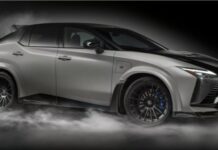
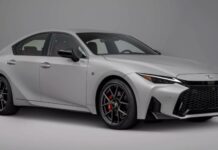
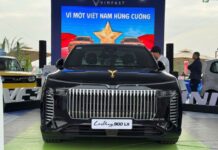


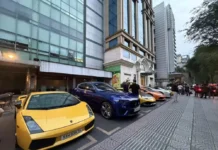
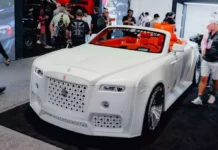
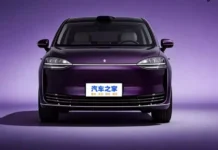
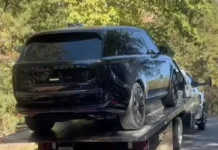















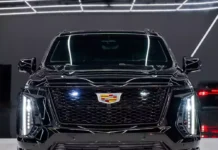


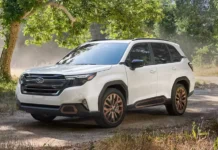

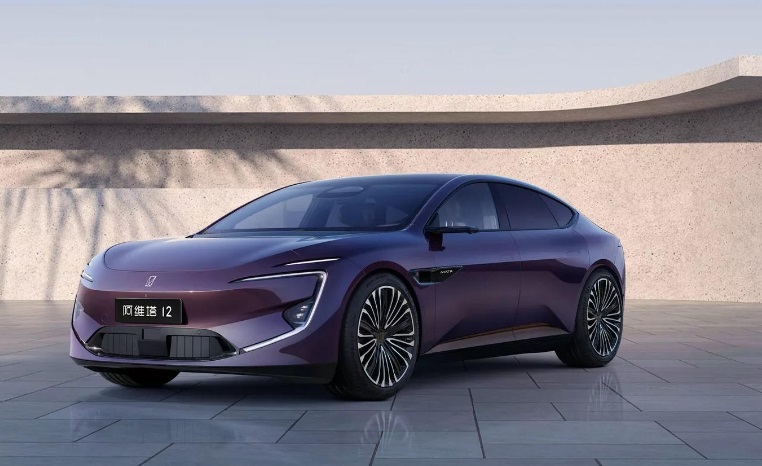
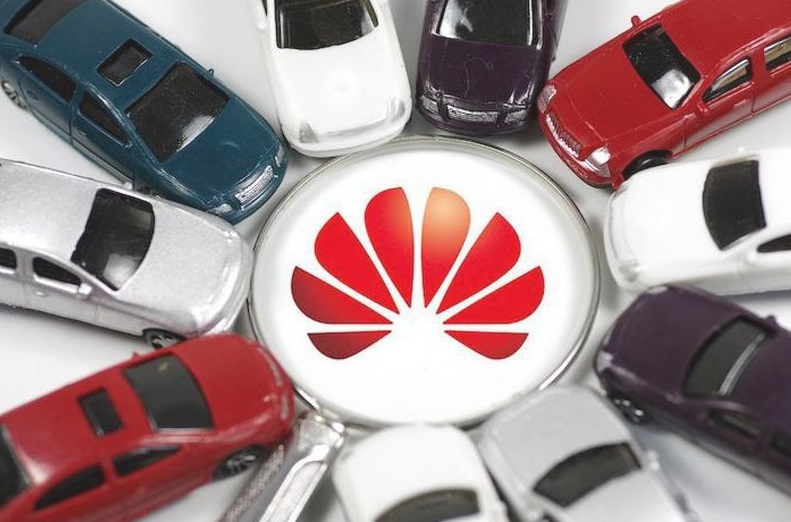
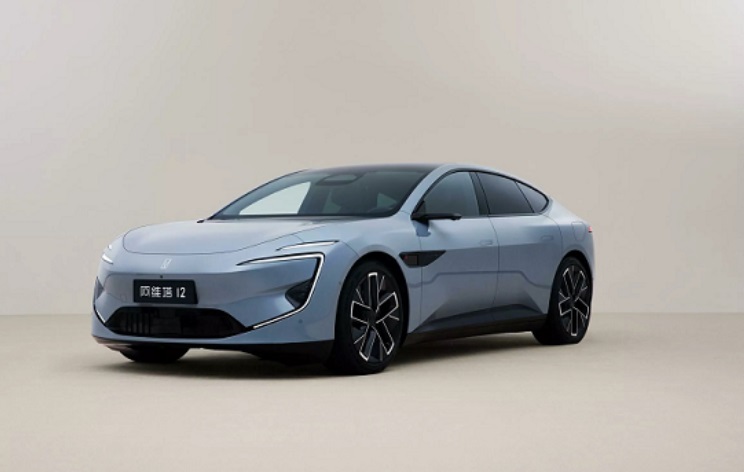
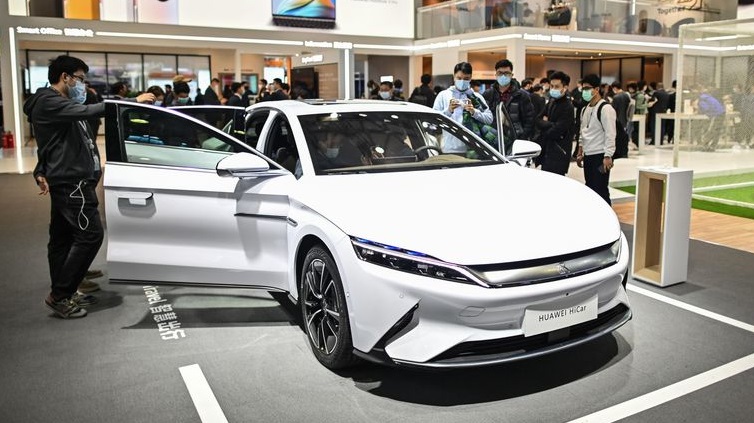
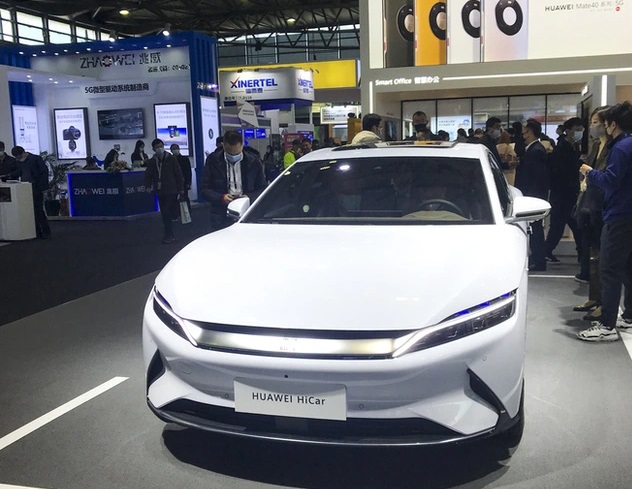
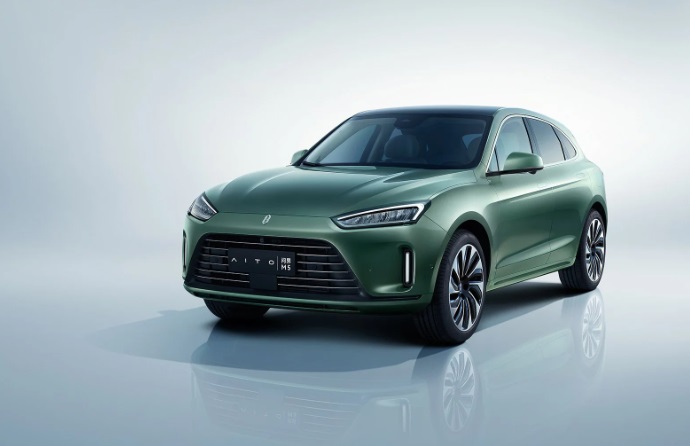
![[CAR REVIEW] The Newly Launched BMW iX3 in Vietnam: Compact, Practical, and Expensive](https://vnauto.net/wp-content/uploads/2023/10/xehay-bmwix3-01082023-9-150x150.jpg)
![[QUICK REVIEW] VinFast VF5: Extremely Affordable, Spacious, and Well-Equipped](https://vnauto.net/wp-content/uploads/2023/10/Xehay_VF5plus_21042318-150x150.jpg)
![[CAR REVIEW] User Reviews of VinFast VF 9: Stylish, Luxurious, Smooth Ride, and Perfect for Families](https://vnauto.net/wp-content/uploads/2023/10/xehay-vinfastvf9-09092023-12-150x150.jpg)
![[CAR REVIEW] Wuling Mini EV: Affordable, Compact, Convenient, but…](https://vnauto.net/wp-content/uploads/2023/10/xehay-wulingev-16062023-8-150x150.jpg)
